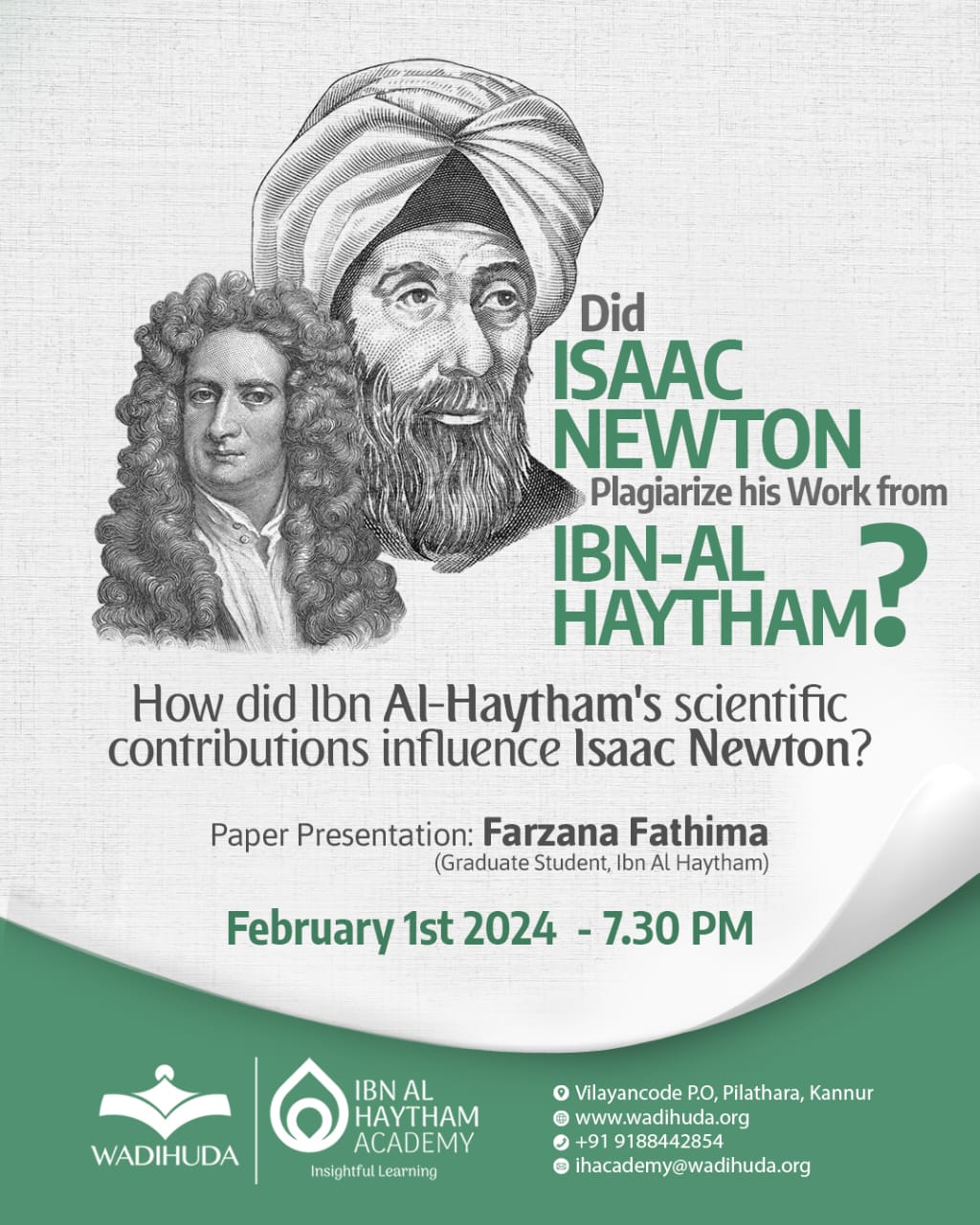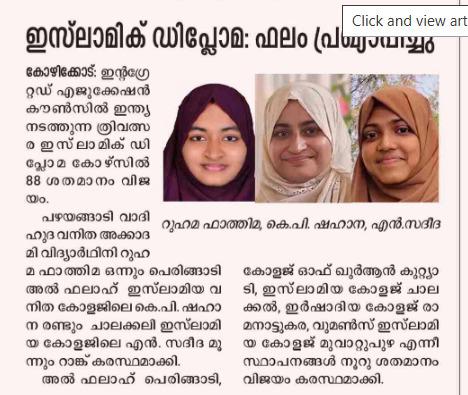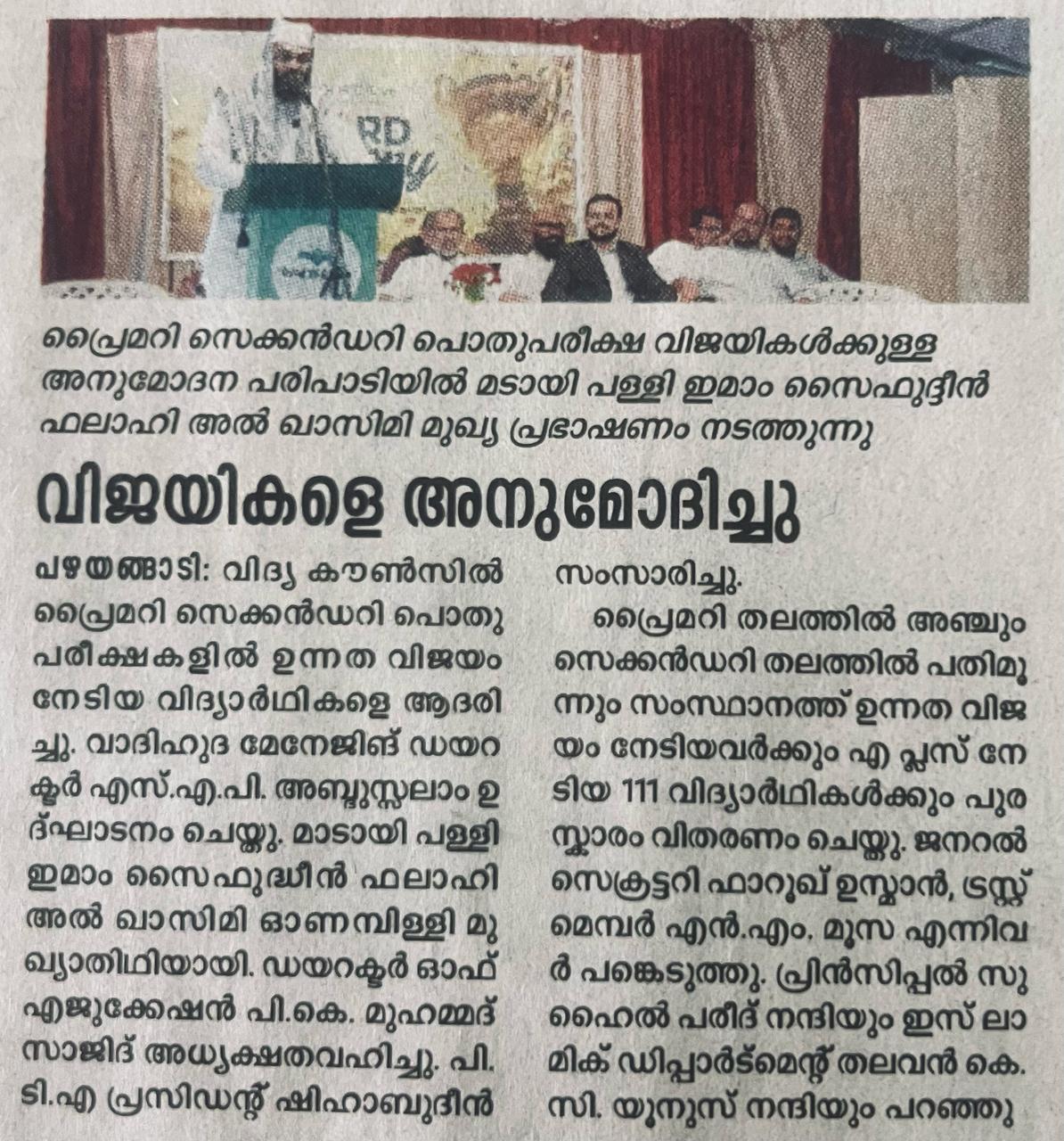Apr 24, 2025
The narrative of Western science's development has undergone evolution, transitioning from earlier versions that emphasized Greek and European contributions while overlooking the significant role of Islamic scholars during the Middle Ages. Later historians of science have illuminated the substantial contributions of Islamic luminaries like Al-Biruni, Al-Kindi, Ibn Al-Haytham, Ibn Sina, and Al-Khwarizmi, placing them on par with figures such as Archimedes, Ptolemaeus, Galen, and subsequent European scientists.
Of particular note is Ibn Al-Haytham, whose scientific endeavors profoundly influenced Isaac Newton. Newton drew upon Al-Haytham's pioneering work in optics and the scientific method, integrating his insights into light and vision into his own theories. Moreover, Al-Haytham's advocacy for rigorous experimentation and empirical observation left an indelible mark on Newton's approach to scientific inquiry, evident in his formulation of the laws of motion and the theory of universal gravitation.
This recognition underscores the interconnectedness and cross-cultural exchange that characterizes the development of science, emphasizing the enduring legacy of Islamic scholarship and its impact on Western scientific thought.
In today's discussion session, our Degree Psychology Student Farzana Fathima will present a paper on "How did Ibn Al-Haytham's scientific contributions influence Isaac Newton?"

















